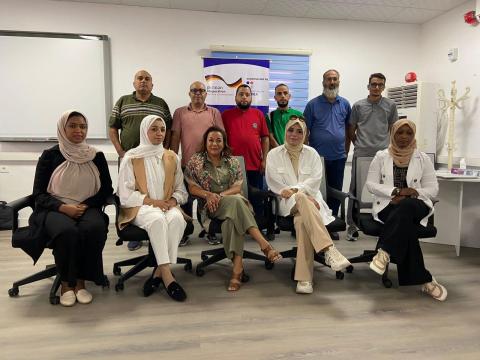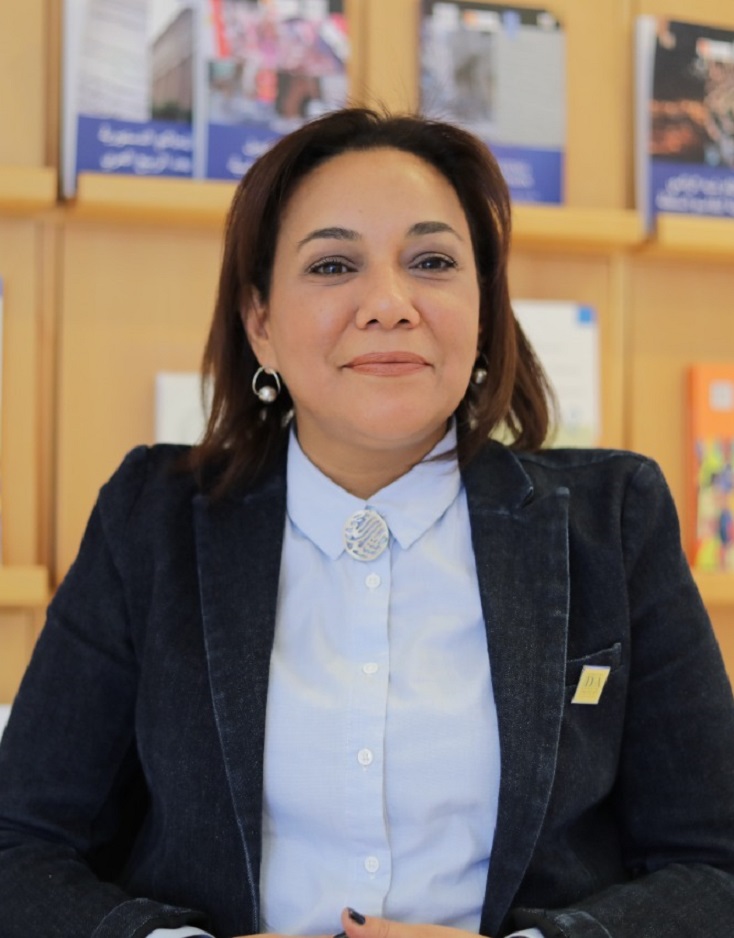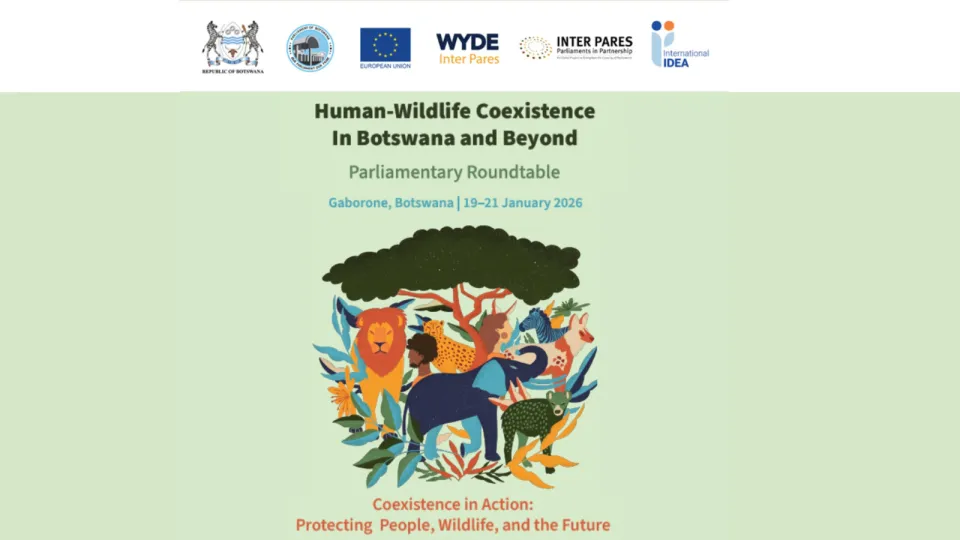
Training on electoral social media monitoring for Libya's 2024 municipal elections

Despite numerous challenges, the High National Elections Commission (HNEC) has made substantial progress, successfully registering approximately 210,000 Libyans, distributing 188,868 voter cards, and receiving candidacies. While this electoral process currently includes 60 municipal councils across various regions, out of the 106 municipal councils targeted for this year's elections, significant risks persist, including the information environment around elections.
From January to July 2024, the Libyan Center for Freedom of the Press released a report titled "Monitoring Public Trends on Municipal Council Elections 2024: Final Report - Phase One." The report indicated that 4,880 mentions related to the elections were recorded across various platforms. Of these, 6.8% originated from the web, 18.6% from Twitter, and 13.3% from Facebook. These mentions were classified as positive (73.7%), neutral (17.7%), and negative (8.6%), signaling a generally balanced but slightly positive trend. Public engagement also saw a rise in the last three months, with an average of 32 mentions per month, compared to 19 mentions in the year's first three months.

During the voter registration phase, HNEC's social media monitoring team encountered false claims spread by 21 Facebook pages, alleging that the voter registration system for municipal elections had been hacked. Additionally, when HNEC published its candidates' guide during the registration period, several Facebook pages falsely reported that candidate lists for the Misrata Municipal Council had already been released. Rumors also surfaced about an alleged assault on HNEC Chairperson, Dr Emad Sayeh.
To counter the spread of false narratives, speculation, and misinformation during the electoral campaign period, International IDEA, through its Protecting Electoral Processes in the Information Environment project, is assisting HNEC in developing a multi-stakeholder strategy to address digital challenges and enhance HNEC's social media monitoring capabilities. As part of this initiative which started last year, International IDEA organized a three-day training for HNEC staff from 30 September to 2 October 2024. This training course was an opportunity for participants to discuss the potential digital risks that can arise during election campaigns and how to counter them.
The training covered critical aspects of electoral social media monitoring, including guidelines for monitoring during elections, identifying and addressing different forms of misleading political content, fake news, and hate speech. The potential impact of these issues on elections, particularly regarding women's political participation, was also explored. Additionally, the training introduced digital tools for detecting misleading political content and included practical case studies on their application.






